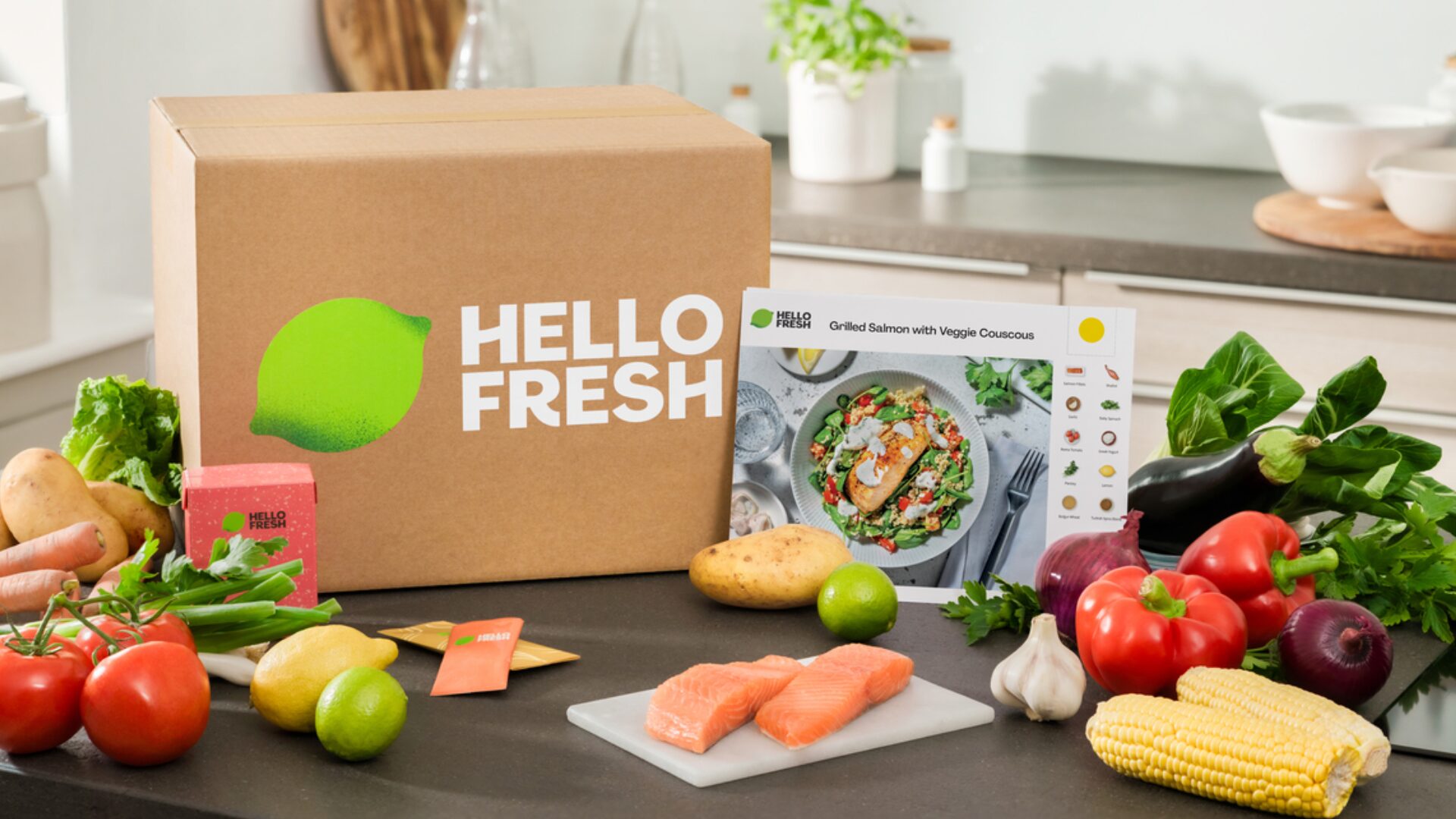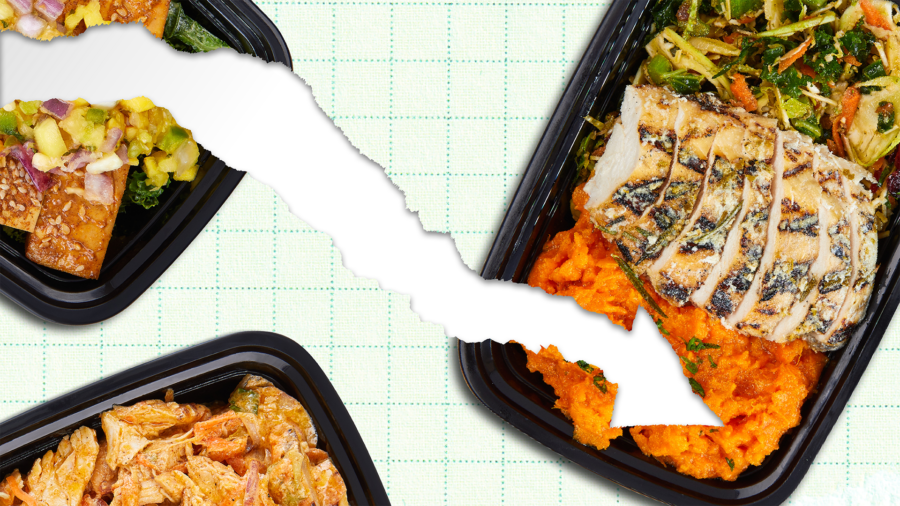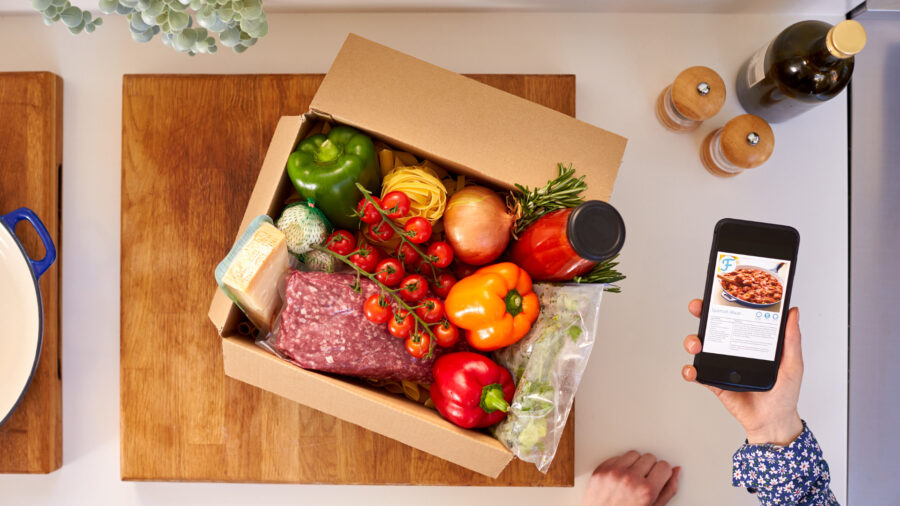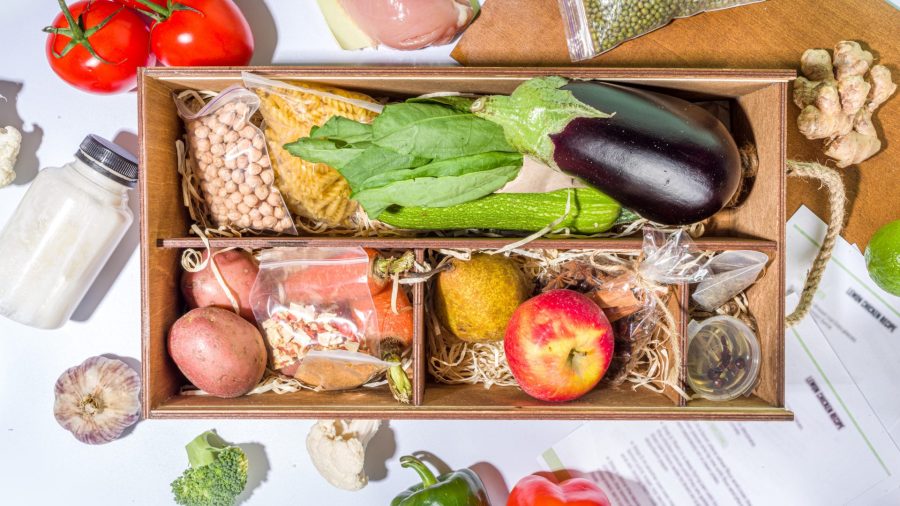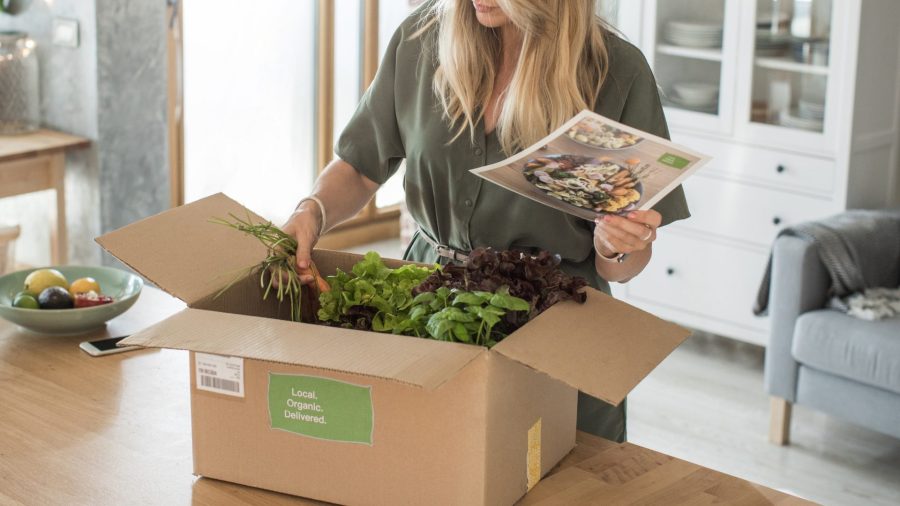As a business, it’s difficult to see Hello Fresh as anything but a massive success. The company was founded in 2011 in Berlin and went public less than six years later. In 2017, revenue was €905 million, and Adjusted EBITDA was a loss of €70 million. Last year, revenue was €7.6 billion; adjusted EBITDA was a profit of €448 million.
On the top line, Hello Fresh has grown at a hugely impressive annualized rate of 42%. It’s turned nicely profitable. Hello Fresh has absolutely crushed its rivals: Plated went out of business in 2019 after being acquired by Albertsons and Blue Apron never came close to profitability before a bailout by the Wonder Group last year.
And yet, despite the success of the business, Hello Fresh stock has been a terrible investment. Shares are down 36% from its initial public offering price and off 93% from a peak reached in 2021.
The issue for Hello Fresh stock is that investors value stocks based on their estimates of future performance rather than past results. And the outlook for the company is clearly murky; adjusted EBITDA declined 6% in 2023, and the company’s guidance for 2024 stunned investors. Hello Fresh sees profit of €350 million to €400 million, a decline of 11 – 22% year-over-year. Hello Fresh stock sold off 42% on the news.
Are Meal Kits like Hello Fresh Declining or is the Market Just Tough?
The key question is whether the outlook is the beginning of a multi-year decline or simply a result of an exceptionally difficult operating environment. Skeptics would argue that Hello Fresh’s model worked only thanks to the novel coronavirus pandemic and its aftermath. With restaurants shuttered and then re-opening at low capacity, Hello Fresh meal kits were an easy option for consumers to add novelty to their meals. Thanks to government stimulus and minimal entertainment spending, those consumers had more cash to spend on Hello Fresh options.
But in a normalized environment, with high inflation, the model simply may not work. Clearly, consumers already are cutting back: in 2023, total orders declined 2.4% in North America and more than 3% in the rest of the world. Given that Hello Fresh before the pandemic was the best meal kit operator and still couldn’t drive positive free cash flow, the bear case is that the meal kit business model itself simply doesn’t really work. There’s too much customer churn, too much logistical expense (including high levels of capital expenditures), and too much marketing required to keep customers subscribing and, eventually, re-subscribing.
The more optimistic view is that Hello Fresh is doing reasonably well in what is not a normalized environment, but a temporarily difficult one. Food companies of every kind have pointed to consumers responding to inflationary pressures by trading down — and yet Hello Fresh’s revenue, at least, is still growing. The company also is investing in new initiatives such as its Factor ready-to-eat line, the launch of online butcher Good Chop, and a human-grade pet food brand, which is driving marketing spend up and profits down. Over time, those investments will pay off, leading to return in bottom-line growth.
What’s interesting about Hello Fresh stock is that the two sides of the debate both point to significant movement in the company’s stock. The skeptical argument is that the meal kit delivery simply won’t work long-term, while Factor faces too much competition from restaurants, ready-to-eat meals in grocery stores, and the ever-growing food delivery market. If that argument is correct, Hello Fresh stock eventually is a zero or close.
The more optimistic view, however, is that the market is significantly overreacting to short-term pressures and in the process selling a high-quality business. At this point, Hello Fresh is the unquestioned leader in meal kits and there is minimal possibility of a rival coming close to its dominance. Management has said that Factor already is profitable, and its expansion into new markets like Australia, Canada, and the Netherlands promises further revenue and earnings growth.
In that way, Hello Fresh is an exaggerated version of the broader debate in the food industry right now. Is the current environment, particularly with regards to inflation, a rough patch to be managed through — or is it the new normal? If it’s the former, Hello Fresh is a massive opportunity. If it’s the latter, trouble looms.
Vince Martin is an analyst and author whose work has appeared on multiple financial industry websites. He’s the lead writer at (www.overlookedalpha.com) Overlooked Alpha, which offers market-wide and single-stock analysis every week.
The Food Institute Podcast
Is there a business case to be made for diversity, equity, and inclusion (DEI) efforts? According to Julie Swift, foodservice industry veteran and founder of The Foodservice Women’s Alliance, the answer is a resounding yes. On this episode of The Food Institute Podcast, Swift helps explain the impacts of unconscious bias, and how simple it can be to bring all team members to the table when leadership buys into DEI efforts.


